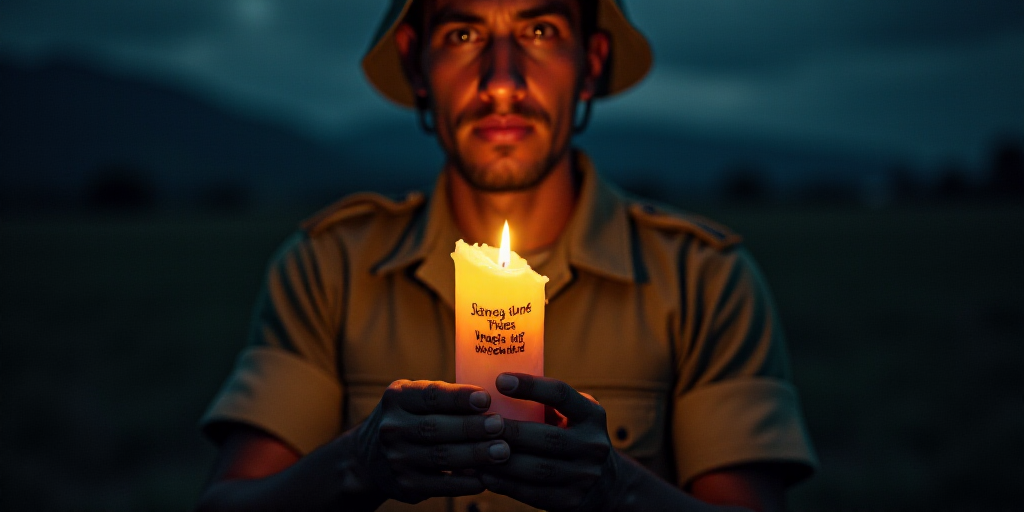Background on the Situation
Following the disarmament of the FARC, various guerrilla groups, paramilitaries, and drug cartels have been vying for control over narcotrafficking, extortion, and illegal mining operations.
Key Players
The Colombian government, led by President Gustavo Petro, has been engaging in peace talks with dissident FARC groups. However, these discussions have yet to yield any concrete progress.
Recent Attack and Government Response
On Thursday, dissident rebels under the command of “Calarcá” carried out a deadly attack on police forces in Antioquia, using drones and firearms to kill 13 officers. The assault targeted a mission aimed at eradicating illicit drug crops.
The following day, another dissident group led by “Iván Mordisco” detonated a truck bomb in Cali, resulting in six fatalities and over 60 injuries. Both dissident factions, despite being rivals, reject the 2016 peace agreement that largely demobilized the FARC.
Government’s Meeting with Dissidents
Despite the recent violence, representatives from the Colombian government met with dissident FARC delegates in the Valle del Yarí mountains to gather supplies for the seventh round of negotiations. This decision sparked criticism from opposition figures and local leaders.
Criticism and Concerns
Antioquia’s governor, Andrés Julián Rendón, expressed his disapproval: “How can the national government claim to reopen negotiations with a criminal of such caliber just one day after 13 police officers were killed, ignoring the extensive terrorist history of ‘Calarcá’?”
In response to the escalating violence, the Colombian government launched a special operation in Cali and pledged to safeguard citizens against “terrorism and crime.”
Power Vacuum and Competing Groups
The disarmament of the FARC has left a power vacuum in various territories, which dissident guerrilla groups, paramilitaries, and drug cartels have exploited. These factions are engaged in fierce competition to control narcotrafficking, extortion, and illegal mining activities.
Dissident groups are under investigation for the assassination of Miguel Uribe, a right-wing presidential hopeful. As the 2026 presidential elections approach, security concerns for candidates are expected to play a significant role amidst the ongoing violence.
Key Questions and Answers
- Who are the key players involved in this situation? The Colombian government, led by President Gustavo Petro, is engaging in peace talks with dissident FARC groups. Other key players include dissident rebel factions led by “Calarcá” and “Iván Mordisco,” as well as various paramilitary groups and drug cartels.
- What was the recent attack carried out by dissident rebels? On Thursday, dissident rebels under the command of “Calarcá” killed 13 police officers in Antioquia using drones and firearms. The attack targeted a mission aimed at eradicating illicit drug crops.
- How has the Colombian government responded to the violence? The government launched a special operation in Cali and pledged to protect citizens against “terrorism and crime.” Despite the criticism, they proceeded with meetings with dissident FARC delegates.
- What are the underlying causes of the ongoing violence in Colombia? The disarmament of the FARC has created a power vacuum, which various guerrilla groups, paramilitaries, and drug cartels have exploited. These factions are competing for control over narcotrafficking, extortion, and illegal mining activities.






